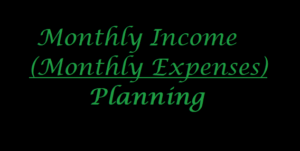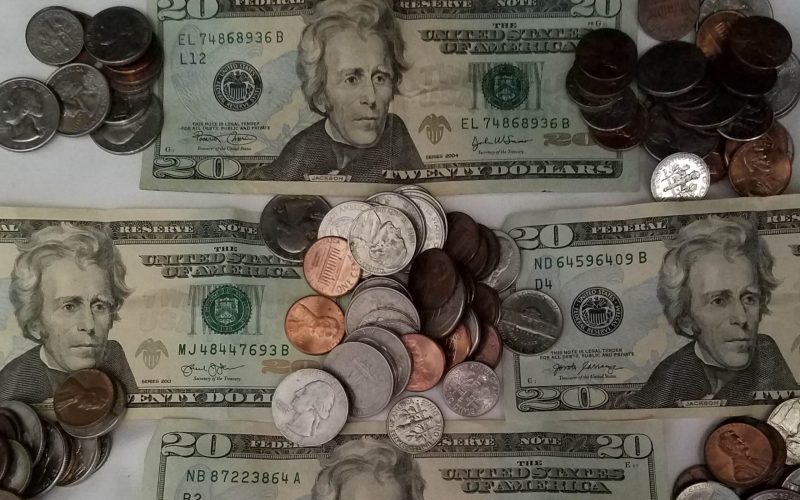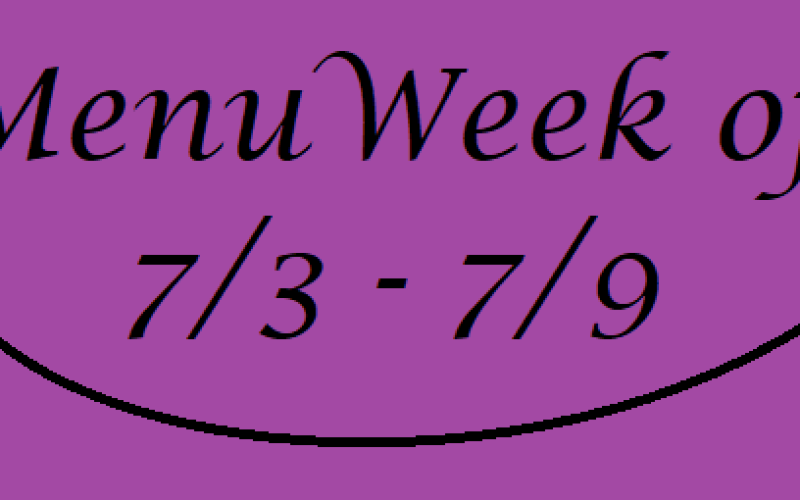Paying of debt and building savings is a constant struggle and it feels impossible at times. This is a common feeling for most people. It’s the feeling that we can never get ahead and that everyone else always has more than we do.
It’s frustrating to make the right decisions and sacrifices, then watch people around us go on vacations or buy the things we want but are forgoing because of the “illusive” dream of being debt free.
The thing is, what we really need to do is find a balance; a way to not feel so deprived but still pay off the debt; a way to be satisfied with the things we have.
Paying off debt takes time, it’s a sprint at some parts but overall it’s an ultra-marathon where you MUST have a plan, focus, determination, and endurance. After you finish you will know without a doubt YOU can do anything you set your mind to and that feels incredibly freeing.
Our Debt Story
We were married in 2008 with little debt but acquired more at different times in our life. Overall it took us 12 years to payoff all the debt we had and the new debt we acquired. The largest piece of debt we paid off was our house in 2020. That was a surreal feeling. I was under 40 years old.
Paying off debt felt a lot like we were playing with a yoyo. We would get to a point where we had almost everything paid off then we would need to add a car payment. We also added a mortgage and then the fun really began.
Here is a snap shot of our debt. A lot of this debt over lapped so some years we had a lot of debt and other years we had large amounts paid off.
- 2.5 years to pay off first car $10,300.
- One year early.
- 7 years to pay off $25,000 in student loans.
- Three years early.
- 10 years to pay off $135,000 mortgage.
- Twenty years early.
- 3 years to pay off $23,000 car.
- Three years early.
Along the way we took advantage of 0% store card offers but made sure we paid them off before the interest rate kicked in.
- $1,400 – Appliances
- $6,000 – New Floors
- $4,000 – New Furniture
- $23,000 – New Windows and Doors
We had ups and downs just like everyone else. We had our debt down to 120,000 then it was right back up to $166,000 because we bought a car then windows and doors for the home. We expected ups and downs along this journey because life happens so when we had a setback we kept digging.
Yes, we were discouraged and disappointed at times, but we also motivated each other to keep going. It was well worth the journey because we eventually paid off the mortgage which was our last debt hurdle.
How We Paid Off the Debt
We made a plan, set a goal and most importantly we were honest about where we were. We started by writing down our savings balance and then all the debt we had. I included interest rates because it motivated me to pay things off faster if I saw how much I was paying someone else each month. I used the below debt and savings spreadsheet.
Something to think about……. the average American has:
- 4 credit cards with about $5,500 total spread amongst them
- Student loan debt of $39,000
- Monthly mortgage payment of $1,600. Average cost of a home $350,000.
- Car loan average of $20,000
I created a google doc where you can create a copy in your personal google drive to track your savings and debt. Once the google doc is open go to File > Make a Copy > OK. You must be logged into your google account in order to save this document in your personal google drive. After you make a copy, I cannot see it only you can, it becomes your private document.
Minimum Savings Balance
Start with your savings balance. How much do you have? How much should you have? A lot of people will give you different advice of how much is the “right” amount. There seems to be a strong consensus that you should work on building up an emergency fund of some sort before you begin paying off debt. Some people say 500 others 1,000 – 2,000. I think this number depends on the expenses you know could be coming up. I agree with the 1,000 approach. It is a good happy medium and will cover most of the unexpected surprises.
How do you increase your savings balance if you are living paycheck to paycheck?
Really look at your budget hard. Where can you cut? If the answer is literally nowhere then the answer might be to get a second job, work extra shifts, sell a car if it has a large payment and buy a cheaper one, find more affordable housing, side jobs, etc.
Once your savings is at 1,000 celebrate because you hit a goal and it’s important to give it the recognition it deserves.
Minimum Retirement Percent
I believe you should always be investing in your retirement. If your company has a match are you matching it? If not, start now. Aim for putting aside 6% of your income either into your company’s retirement program or in a Roth IRA or Traditional IRA. I think it is important to always be saving towards retirement because paying off debt is an ultra-marathon. Don’t miss out on 10 years of investing while you pay off debt.
Pay Off the Credit Cards
The amount of extra money you pay towards your credit cards is a simple formula. Extra monthly money minus your retirement monthly amount equals the monthly amount you will start putting towards debt. Example:
- Income $40,000
- Extra monthly money after paying your bills $550.
- Monthly amount for retirement savings $200.
- How did I get $200?
- $40,000 * 6% = $2,400 year
- $2,400/12 months = $200 month
- How did I get $200?
- Extra Monthly Money – Monthly Retirement = Amount to put towards debt
- $550 – $200 = $350
- In this example I would have $350 to put towards paying down debt.
What credit cards should be paid off first?
There are two ways to do this and you should pick the one that motivates you the most. Start with either:
- The highest interest rate
- The smallest balance
The smallest balance will make you feel like you are moving forward faster because it wont take you as long to pay off as a larger balance with higher interest rate.
In either case, if you have a monthly payment of $30 and you contribute $100 extra to the debt each month until payoff you are now used to living without the $130. Congratulate yourself for paying off a debt then take the $130 and add it to another debt payment.
Let’s say your next debt is $40 a month. Add the $130 + 40 = $170 as your new monthly payment. The debt is going to start falling off faster and faster. After this debt is paid off be sure to add the $170 to the next monthly payment and so on until your credit card debt is paid off. You will be surprised how fast this happens.
Utilize Your Bonus and Yearly Increase
Did you get a bonus? Tax refund from the government? Stimulus payment? Take that chunk of money and pay yourself 20%. You can spend that on whatever you want. The most important part is putting 80% towards debt. Pay something off or pay down something significantly.
Did you get a raise? Do you need the raise because bills are not getting paid? If the answer is no, you don’t need the raise, then add the increase to your debt payments. Let’s say you got a 2% raise and want to increase your lifestyle. Increase your debt payments by 1.5% and and your lifestyle 0.5%. If you don’t plan where raises go, your lifestyle will creep and it will take longer to pay off debt.
Increase your Retirement Savings
After the credit cards are paid off or under control by paying them off monthly, CELEBRATE. This is HUGE not everyone can do this. Really be proud of this accomplishment.
Time to evaluate where your retirement savings is again. Are you invested enough for the future? Increase your retirement to at least 10% of your income. The credit card debt is gone so you can easily afford the increase.
Payoff the Next Item
Now pick the next thing you have:
- Car
- Student loans
- Medical bills
- IRS
- Other
Take the money you were paying monthly on the credit cards and start paying off the next thing. Then keep going until all that remains is your mortgage. Don’t forget to CELEBRATE each time you pay something off. These are huge accomplishments and deserve to be recognized.
Increase your Retirement Savings
At this point you have probably been working hard at this for years and FINALLY only the mortgage remains! This means it is time to evaluate again. Are you invested enough for the future? Increase your retirement to at least 15% of your income.
Increase your Savings
Put 6 months of expenses into your savings account. You never know what is coming down the line but you will be financially prepared.
Pay Off the Mortgage
Last but not least pay off the mortgage.
- You can keep going hard with the extra payments monthly
- You can really slow down and make one extra payment at the end of each year.
- This might be a good idea for the following reasons:
- Home improvements
- Large cash purchase instead of financing
- Vacation to celebrate all the hard work you have done
- Other
- This might be a good idea for the following reasons:
I hope this advice helped and inspired you to pay off your debt and invest towards your retirement. We did it, we have friends that have done this and we know YOU can do it too! If you need help because you don’t know where to start reach out to me on my contact page.




